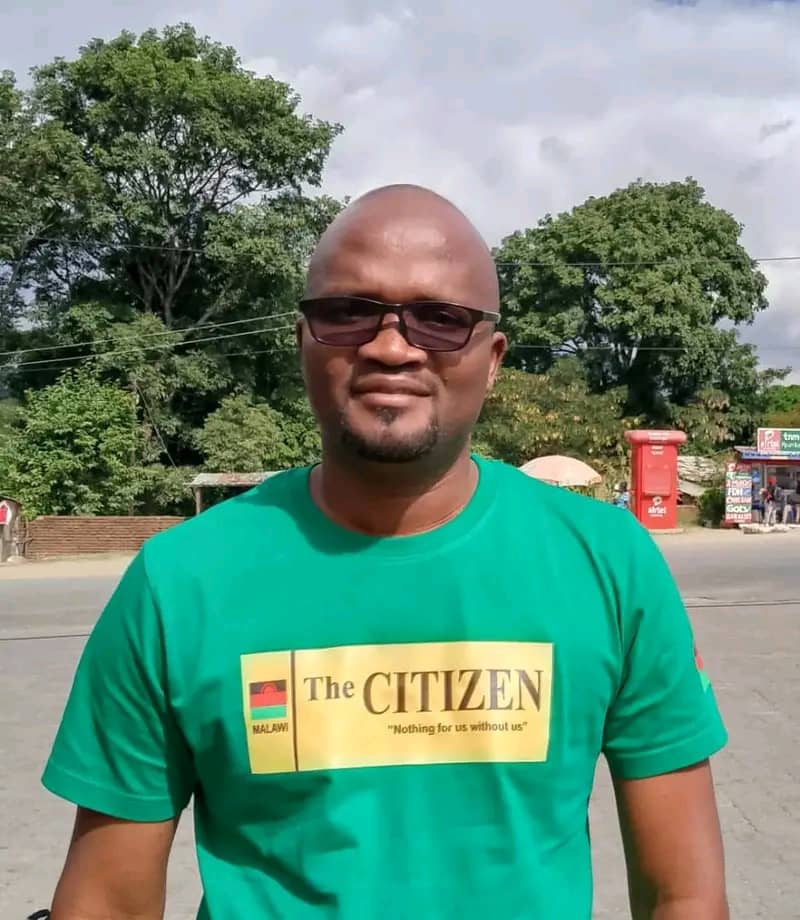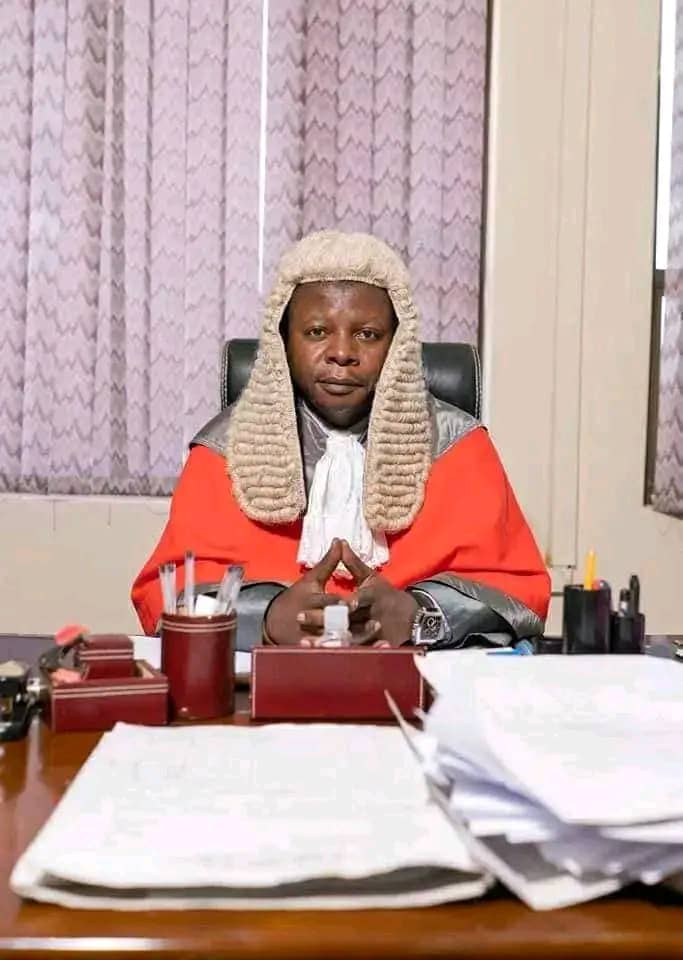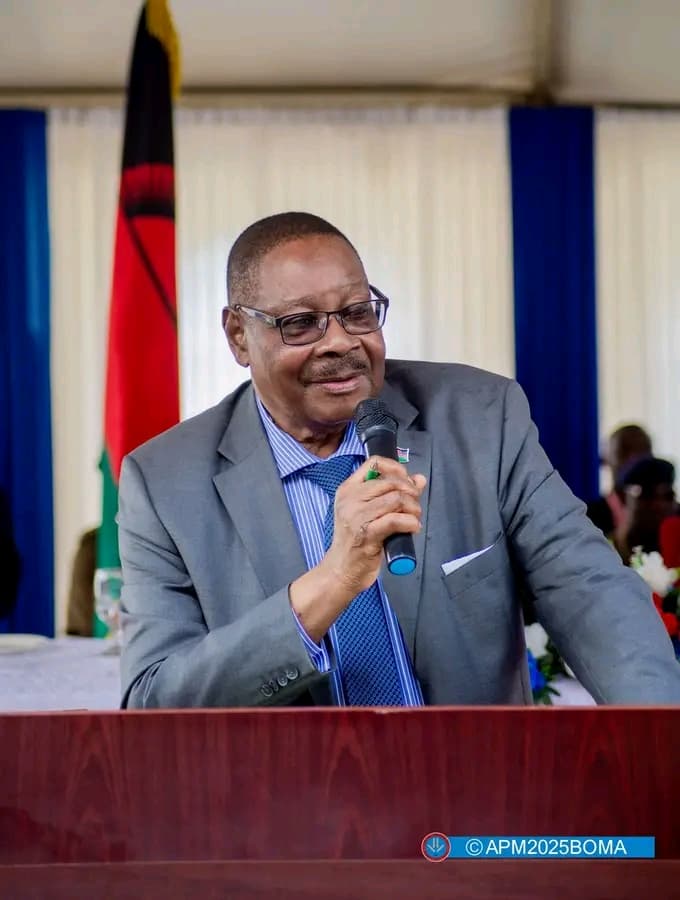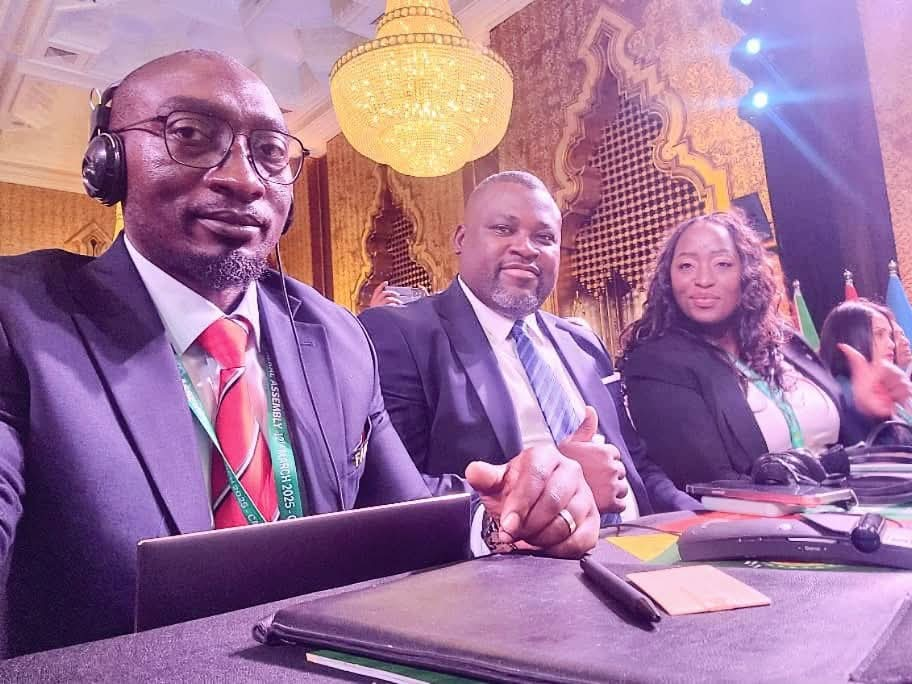By Burnett Munthali
As Malawi faces critical economic challenges, Comrade Edwards Kambanje of the Concerned Citizens group has emerged as a voice advocating for financial prioritization in government spending. His group argues that the most pressing needs of Malawians should take precedence over symbolic projects, including the proposed mausoleum for Gwanda Chakuamba. While acknowledging Chakuamba’s historical significance, the group calls for redirecting funds to urgent needs such as food security, healthcare, and fuel stability, which directly affect the daily lives of citizens.
Concerns and motivation
The Concerned Citizens group, led by Kambanje, is motivated by a commitment to prioritize urgent needs in times of hardship. Although Chakuamba played a key role in Malawi’s history, Kambanje argues that building a mausoleum for him with public funds is not in line with the country’s current priorities. He stresses that the welfare of citizens—affected by issues like food insecurity, fuel shortages, and inadequate healthcare—should come before honoring historical figures. The group believes that respect for Malawi’s past leaders can be shown through more budget-conscious ways that do not detract from immediate needs.
Financial prioritization
Kambanje’s stance reflects the economic reality Malawi currently faces. He argues that the funds allocated for the mausoleum could be better used to address essential needs. These funds, he suggests, should support initiatives that improve citizens’ lives directly—like food distribution, fuel supply stabilization, and critical healthcare provisions. Investing in these areas, he believes, would enhance the resilience and stability of the nation, especially during these difficult times.
Food insecurity crisis
To address the widespread food insecurity, Concerned Citizens recommends that the government enhance its food aid programs and bolster partnerships with non-governmental organizations for more effective delivery to vulnerable communities. They also emphasize the need for agricultural support programs that empower local farmers and improve food distribution channels. According to Kambanje, revitalizing institutions like ADMARC to manage food reserves responsibly would also prevent future food crises, ensuring food security across the country.
Fuel crisis and its impacts
Malawi’s fuel shortage has led to widespread disruptions, increasing the cost of goods and affecting livelihoods. Kambanje suggests that the funds designated for the mausoleum could instead help stabilize the fuel supply through regional partnerships, creating emergency reserves, or investing in alternative energy solutions. His group supports practical solutions like fuel import subsidies and promoting renewable energy as part of a sustainable solution to the ongoing crisis.
Healthcare system and shortages
The healthcare system in Malawi is facing critical shortages, with citizens struggling to access essential medicines and services. Kambanje emphasizes that funding for healthcare is a priority that cannot be postponed. Redirecting funds from the mausoleum project to healthcare, he argues, would allow for the procurement of essential medicines, upgrading facilities, and expanding community health programs. Such investments, he believes, are essential for improving public health and rebuilding trust in Malawi’s healthcare system.
Alternative ways to honor Gwanda Chakuamba
While acknowledging Chakuamba’s contributions, Concerned Citizens proposes cost-effective ways to honor his legacy. Suggestions include scholarships in his name, educational programs highlighting his role in Malawian history, or a memorial plaque in a public space. Kambanje stresses that these measures respect both the budget constraints and the need to commemorate the country’s historical figures meaningfully without diverting essential resources from public welfare.
Public sentiment and response
The Concerned Citizens group’s statement has resonated with many Malawians who agree that essential services should take priority over symbolic projects. According to Kambanje, there is growing public support for practical solutions that address Malawi’s pressing issues. His group plans to continue advocacy through community engagement, social media, and direct communication with policymakers to build a consensus for prioritizing citizens’ immediate needs.
Government accountability and transparency
Kambanje calls for greater government accountability in spending decisions, particularly during economic hardship. His group advocates for clearer public spending frameworks, independent audits, and public consultations to ensure transparency. By establishing these checks, he believes the government can make better financial decisions that align with citizens’ urgent needs.
Long-term solutions for sustainable governance
The Concerned Citizens group proposes structural changes to ensure future government spending is aligned with Malawi’s needs. This includes creating a policy review board to evaluate project impacts, strengthening parliamentary oversight, and prioritizing essential services in the budget. Kambanje encourages citizens to participate actively in civic discussions and hold leaders accountable to demand transparency and efficiency.
Closing thoughts
Kambanje’s message to the government and citizens alike is clear: the well-being of Malawians should be the cornerstone of any expenditure, especially in times of economic strain. While honoring historical figures is important, it should not come at the expense of meeting basic needs. Concerned Citizens calls on the government to listen to the people’s voices, refocus on immediate priorities, and commit resources to projects that directly improve lives.
In these challenging times, Kambanje believes that responsible governance and public welfare must go hand-in-hand to build a stable, resilient Malawi.




